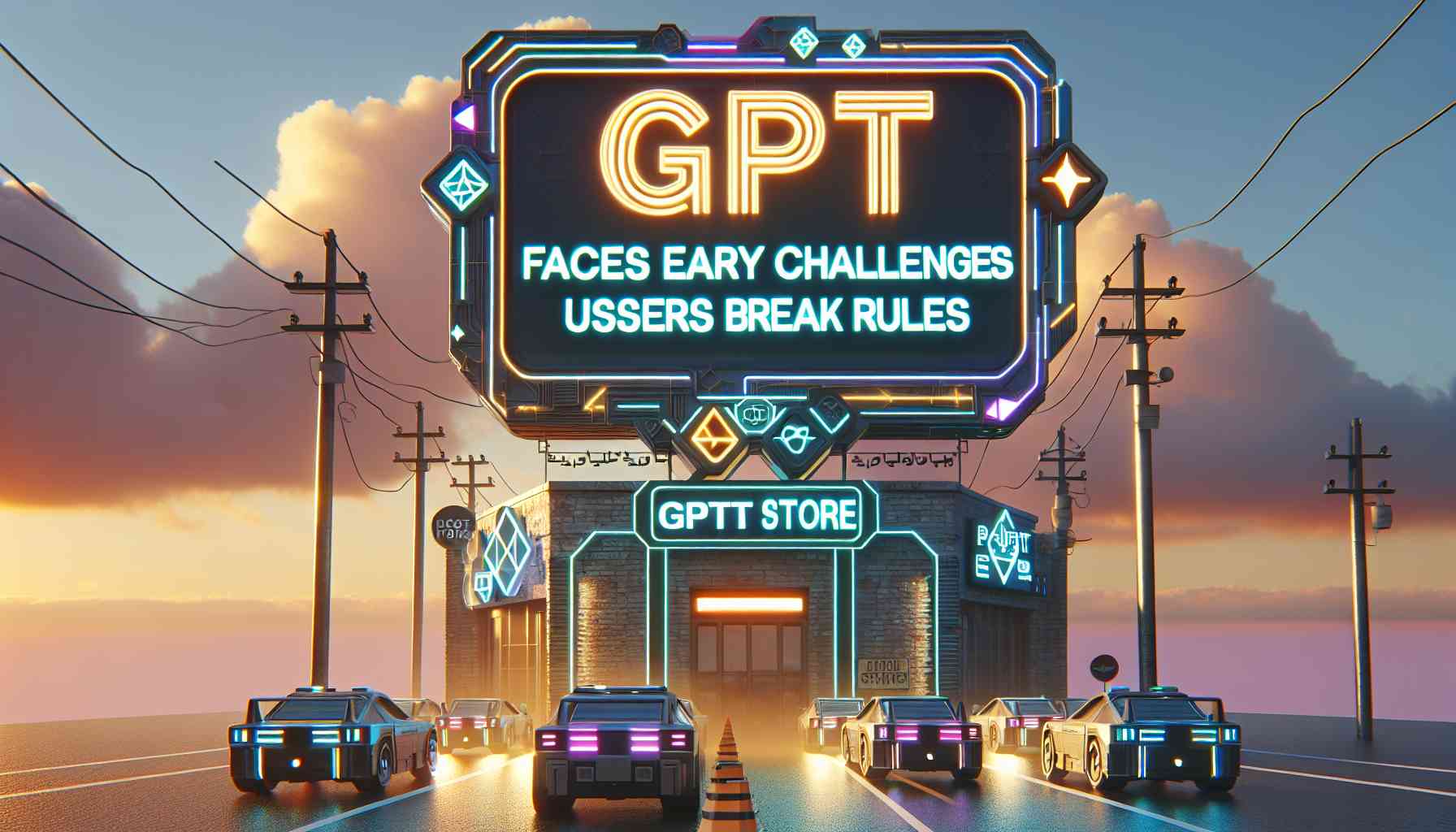Summary: OpenAI’s recently launched GPT store, offering customized versions of ChatGPT, is already facing issues as users are breaking the platform’s usage policy. The store, which aims to provide GPTs for specific purposes, has seen a surge in AI chatbots dedicated to fostering romantic companionship, despite the policy clearly banning such usage. This highlights the challenge of regulating GPTs and the potential implications for ethical AI development.
Despite OpenAI’s updated usage policy explicitly prohibiting GPTs dedicated to fostering romantic relationships or engaging in regulated activities, the new GPT store has already witnessed users creating AI chatbots for girlfriend experiences. These chatbots, with names like “Virtual Sweetheart” and “Korean Girlfriend,” prompt users with questions about their dream girl and their darkest secrets.
The proliferation of relationship chatbots on OpenAI’s store is not an isolated phenomenon. Data from data.ai, a market research firm, reveals that seven out of 30 AI chatbot apps downloaded in 2023 from Apple or Google Play stores were related to AI companions or girlfriends. This surge in popularity may stem from the epidemic of loneliness and isolation that many individuals are experiencing, with studies indicating that half of American adults have reported feelings of loneliness.
OpenAI recognizes the challenge of regulating GPTs and claims to employ a combination of automated systems, human review, and user reports to identify and assess potential violations of their policies. Consequences for violating these policies range from warnings to restrictions on sharing, eligibility for inclusion in the GPT store, or even monetization.
The early rule-breaking behavior observed on OpenAI’s GPT store highlights the difficulties tech companies face in regulating AI tools. While many companies release their products with disclaimers acknowledging the possibility of mistakes, they are also quick to address reported issues. The need to get this right is crucial as companies compete to establish dominance in the AI space.
As OpenAI continues to navigate the challenges of managing the GPT store, these early incidents serve as a reminder of the ethical considerations and potential risks associated with the development and deployment of AI technologies.
The source of the article is from the blog agogs.sk

